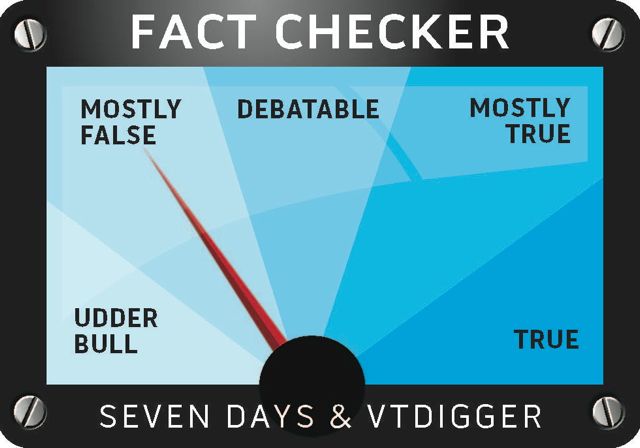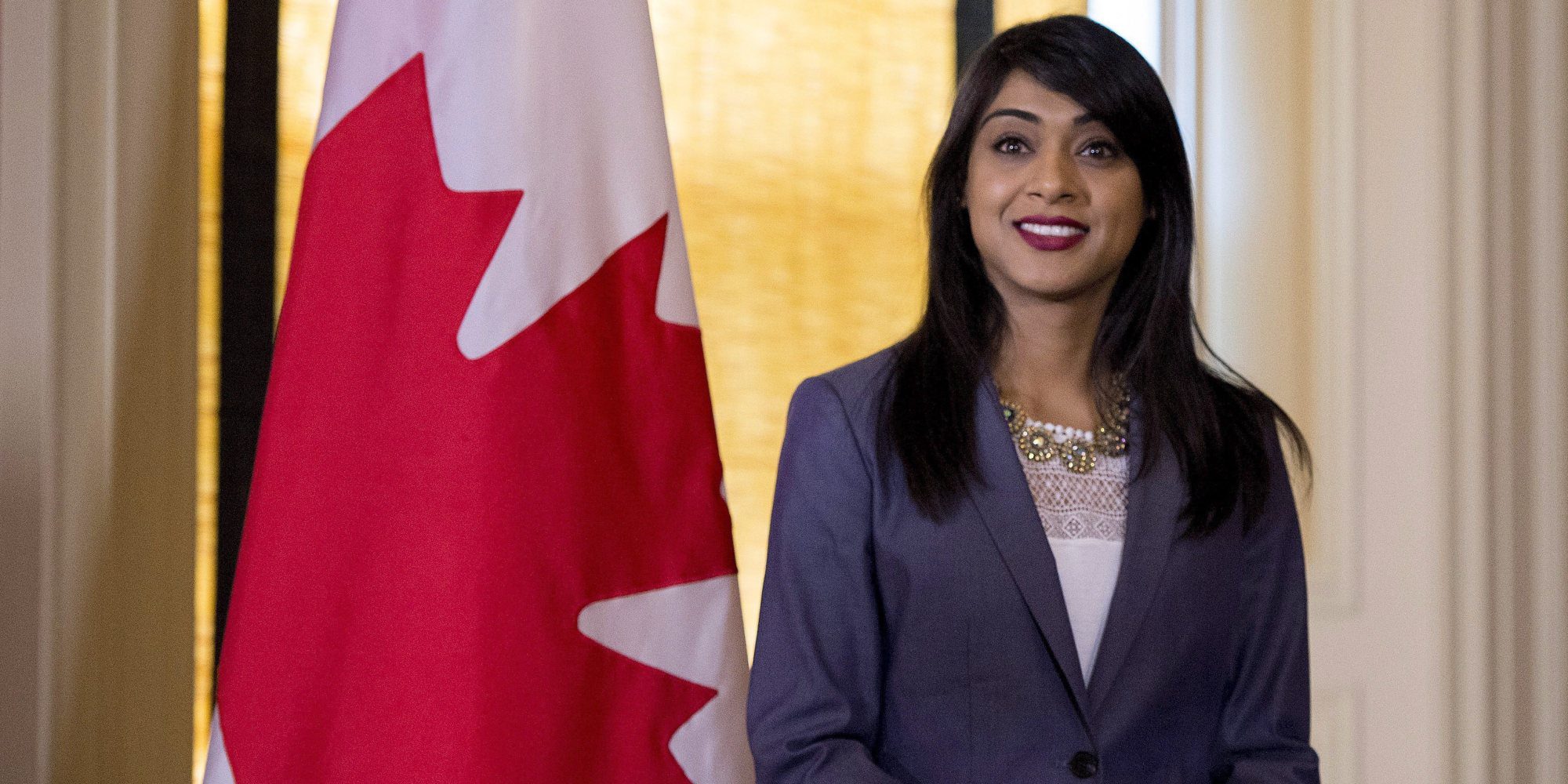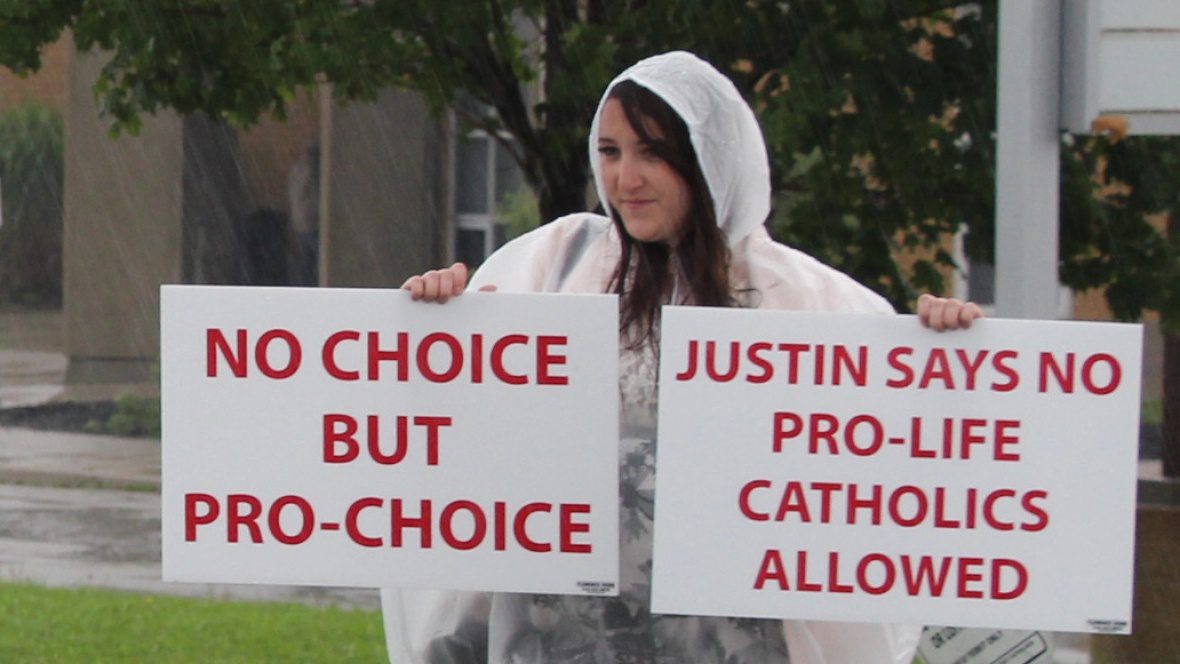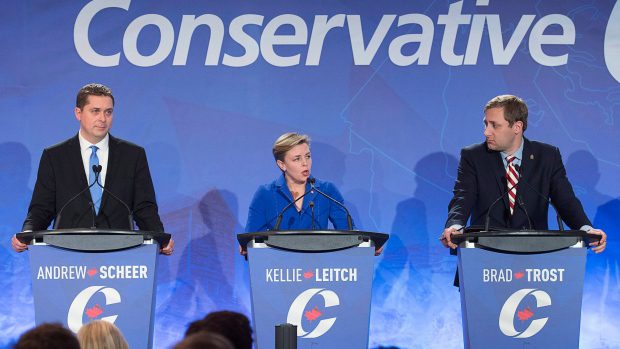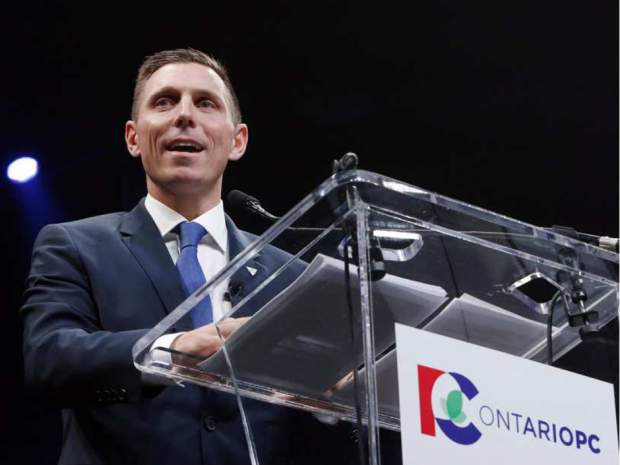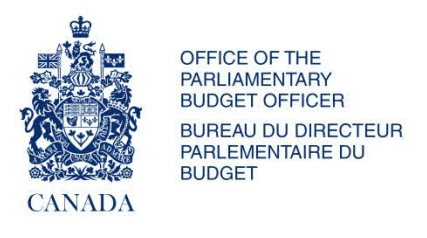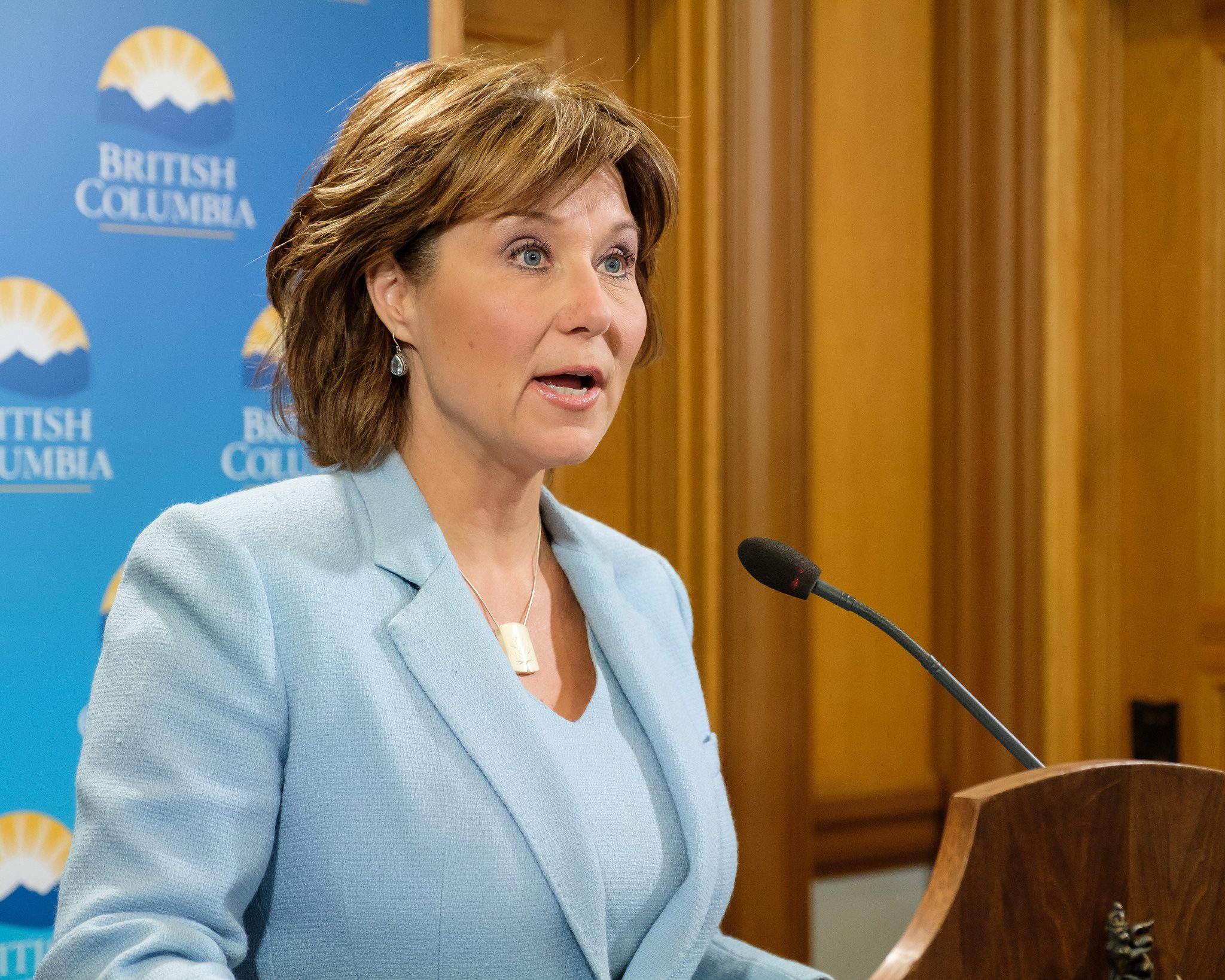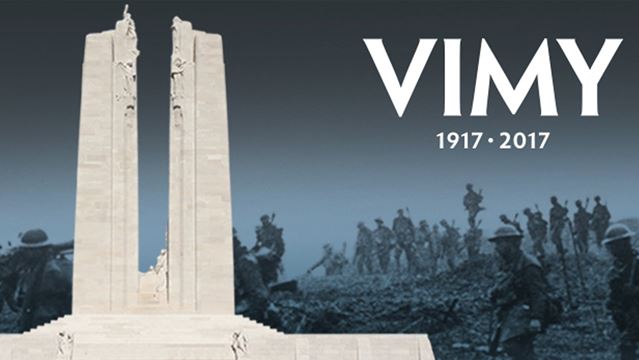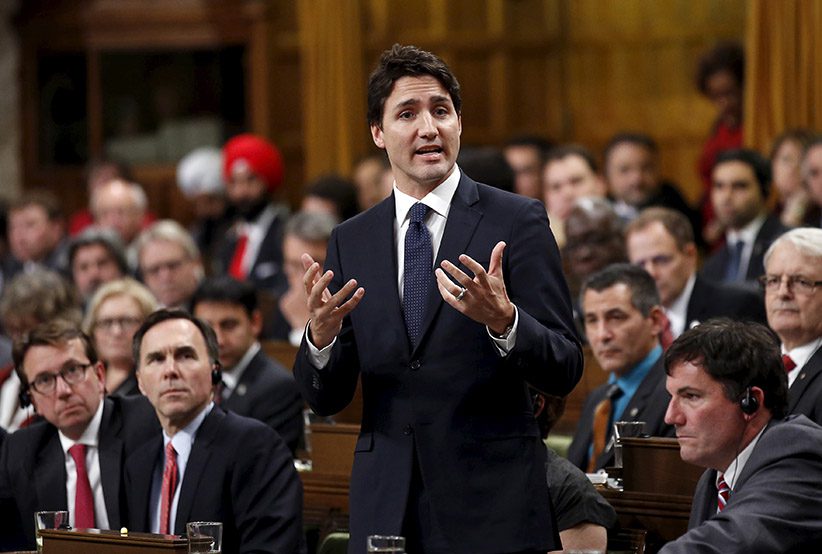Perception is a funny and firm element in politics.
It effects the left and the right equally, in different ways.
The two provinces with the fastest economic growth in Canada are Ontario and Alberta. In fact, Ontario's economic growth rate is projected to outpace not only all of Canada, but all the G7 countries, according to most private-sector projections such as those done by RBC and Bloomberg. (Alberta is also beginning to hum along. British Columbia isn't all that far behind.)
Yet, in part no doubt because both provinces are led by leftist women in Premier Kathleen Wynne and Premier Rachel Notley, most people don't realise or believe the economic reality. Likewise, Ontario and Alberta are presumed to be spendthrift governments, when in fact both constrain their programme spending and have some of the lowest overall taxation rates of all the provinces.
Similarly, the Ottawa commentariat was obsessive and pearl-clutching about Prime Minister Justin Trudeau's deficits. It was taken as a sign that he too was a big-spending liberal. Yet, Trudeau's deficits are smaller than former prime minister Stephen Harper's ever were, and it was Liberals who balanced the budget the last time Canada enjoyed a string of budgetary surpluses.
In the same way, President Donald Trump is presumed to be a successful businessman and therefore a trustworthy steward of America's economy. But the first presumption is nonsense: the man bankrupted casinos, proving that he is the one man in the world who is bad enough at business to flip the adage about the house always winning. His other ventures — Trump steaks, vodka, airlines and his 'university' — were either flops or frauds. He isn't a successful businessman; he just played one on TV. Apparently, he's not even decisive at saying, "you're fired" in real life, outsourcing sacking to his omnipresent son-in-law.
Media makes these false perception decisions as much as an individual person does. A press story about, for instance, Ontario's strong economic growth is clearly counter-narrative. An accusation of government waste fits the narrative. Which one ends up leading the evening news?
Another example is particularly vexing. Right after New Year's, gas prices went up in Ontario. Evening news reported that it was the effects of Wynne's "carbon tax" (in reality, she favours cap-and-trade, which makes polluters pay; it's Conservative Leader Patrick Brown who—currently—says he supports a carbon tax). This was not only confirmation bias at its worst: it was an abject failure to understand how the market works. Gas often goes up before or after holidays. It went up by more in neighbouring jurisdictions that don't have any form of pollution pricing. It went down shortly thereafter anyway. It was letting perception dictate reality, not the other way around.
The post-hoc-ergo-propter-hoc perception that cap-and-trade kicked into effect and therefore it must be the cause of the uptick in gas prices was persuasive enough for news producers to run with it. No such stories followed when gas then went down; that didn't fit the narrative.
How to correct these perceptions? It's a tricky business.
American cognitive scientist George Lakoff speaks about how political narratives become etched on our brains, writing, "Neural binding allows these permanent general narrative structures" — such as the frame that liberals spend wastefully — "to be applied to ever new special cases". In other words, we tend to reinforce our biases.
He suggests, ultimately, that the way to fight perceptions is Newtonian: for every narrative there must be an actual and opposite counter-narrative. Mere fact checking won't work; if anything, it can be counterproductive and serve to reinforce the fake news it seeks to refute. But spreading a rival narrative, preferably one that is factual, can counteract the false perception.
In other words, the way around false perceptions is to crash into them head on. It's probably why campaigns that are timid tend to lose: by not fighting back from a language of values, you let the opposition win the point by default.



